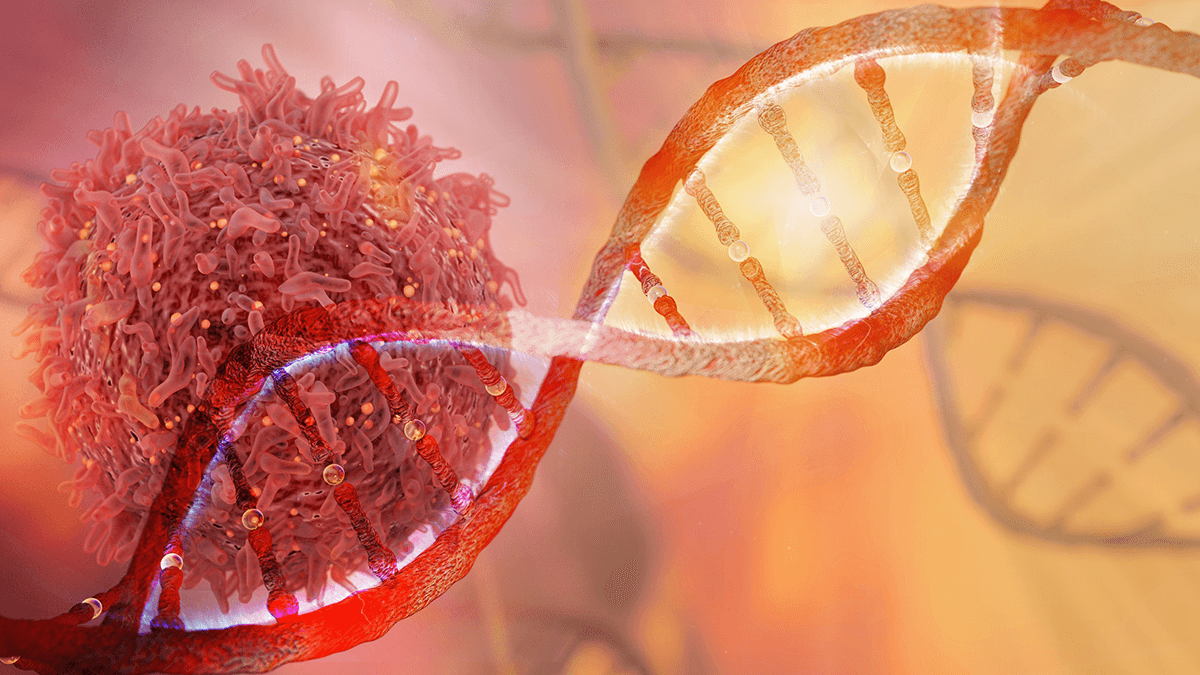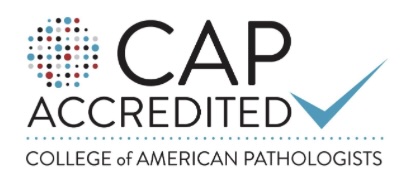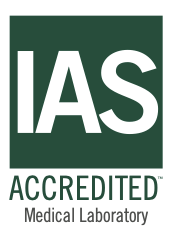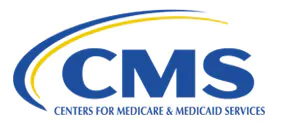Cancer recurrence is a real concern for many cancer survivors. There are chances that the cancer can recur even in the state of remission, which can cause significant anxiety. Imaging scans are the most traditional method and the primary way to detect cancer recurrence, up until recently. New advancements in blood tests, such as Oncotrace, Oncotrail and Oncocount from RGCC, offer revolutionary possibilities for the early detection of cancer recurrence.
Cancer recurrence
When cancer returns after remission, it’s considered a recurrence. It occurs when cancer cells that became dormant during treatment manage to grow again. These cells are referred to as “rogue cells” and manage to stay hidden before multiplying and growing back as tumors.
The chances of recurrence vary depending on several factors:
- Type of cancer: Certain cancers tend to innately recur. Pancreatic cancer and melanoma, a type of skin cancer, are more likely to recur due to the cells’s aggressive nature and their ability to hide and spread in the body.
- Stage of cancer: The stage of cancer at diagnosis (earlier or later stage) plays a role in recurrence risk. The cancer detected at an earlier stage and not spread extensively is less likely to recur.
- Treatment type: Your initial cancer treatment type can influence the chances of recurrence. The more intense treatments that go through surgery, chemotherapy, or radiation can reduce the chances of recurrence compared to less intensive treatments.
- Your overall health: Several common factors, like age, health status, and lifestyle choices, can impact recurrence. Simple routines, like maintaining a healthy weight and avoiding smoking, can reduce the risk.
Limitations of traditional methods
Traditional imaging scans, such as CT and MRI, have been the staple for monitoring cancer patients after treatment. Though these scans provide valuable insights about cancer, they come with limitations.
- Imaging scans may not be able to detect very small cancer cells, which can delay the process of identifying
- As monitoring cancer is a repetitive process, exposure to radiation can be a concern.
- The cost of imaging scans is expensive and requires scheduling appointments, which can lead to missed follow-ups and checkups.
How blood tests can help?
We are aware that imaging scans come with limitations, which open up other advanced diagnostic means for monitoring cancer.
Liquid biopsies, an innovative tool offered by RGCC, provide a more extensive approach to detecting the chances of cancer recurrence.
Liquid biopsies
These innovative blood tests examine the blood for the presence of circulating tumor cells (CTC) and circulating tumor DNA (ctDNA).
CTC cells are aggressive cells that escape from the primary tumor and make their way to the bloodstream. The presence of CTCs is a potential threat of recurrence, even if they’re too small to be detected in imaging scans.
ctDNA are segments of the DNA that are released by the cancer cell into the bloodstream. ctDNA detection can indicate the presence of residual cancer, which means the emergence of mutations in new cells, which means there’s a need for treatment adjustments.
Advantages of RGCC blood tests for cancer recurrence detection
Our groundbreaking advancements in blood tests allow accurate early cancer recurrence and relapse detection even with minimal amounts of CTCs. RGCC liquid biopsy is revolutionary and has several advantages that help against recurrence.
- Our tests are designed to detect very low CTCs or ctDNA, helping in early detection, which is crucial in fighting recurrence.
- Our tests are designed specifically for individual cancer types. The Oncotrail test can be used to check individual cancers like breast, GI, colon, melanoma, prostate, lung sarcoma, and more.
- Unlike imaging scans or biopsies, liquid biopsies are a simple blood draw and less invasive.
- Liquid biopsies done at shorter intervals can help your health provider monitor your response and examine the changes in your cancer status.
Our tests are not just generic; they go above and beyond by testing, analyzing, and coming up with the best treatment plans.
Needless to say, early detection always plays a major role and has important benefits.
- Detection of cancer early can help with treatment from the initial stage, improving outcomes and the chances of remission.
- Tailored treatment plans will cater to your specific needs.
- Monitoring the cancer regularly can help develop an effective treatment plan.
The blood test services that we offer are advanced and a very promising tool for early detection; however, regular follow-ups and checkups with your healthcare provider are crucial to managing and maintaining your health and preventing potential recurrence.
Contact Us
Our advanced technology can help you with understanding and coming up with your treatment journey.
Our groundbreaking cancer testing solutions by RGCC can light up the path to health. Get in touch with us today to empower your health journey.













